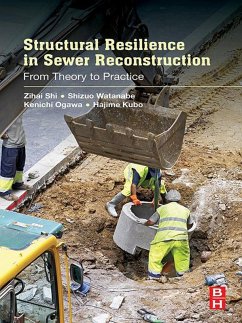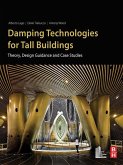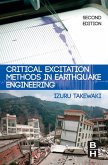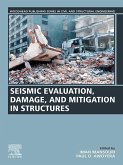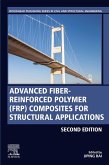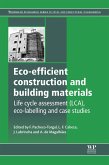The structural resilience considerations incorporated in various stages of development are discussed in detail. Computational examples for assessing structural resilience in the renovated sewer system in Tokyo are also shown, with final chapters summarizing structural resilience theories and areas for future study.
- Provides a comprehensive review of resilience theories and practices in key fields of study
- Presents a detailed study of the structural resilience approach to sewer reconstruction in Tokyo, also including case studies of overseas projects
- Includes a systematic presentation of structural resilience theories
- Covers rich case studies on various issues in sewerage systems for qualitative and quantitative resilience evaluation
Dieser Download kann aus rechtlichen Gründen nur mit Rechnungsadresse in A, B, BG, CY, CZ, D, DK, EW, E, FIN, F, GR, HR, H, IRL, I, LT, L, LR, M, NL, PL, P, R, S, SLO, SK ausgeliefert werden.

